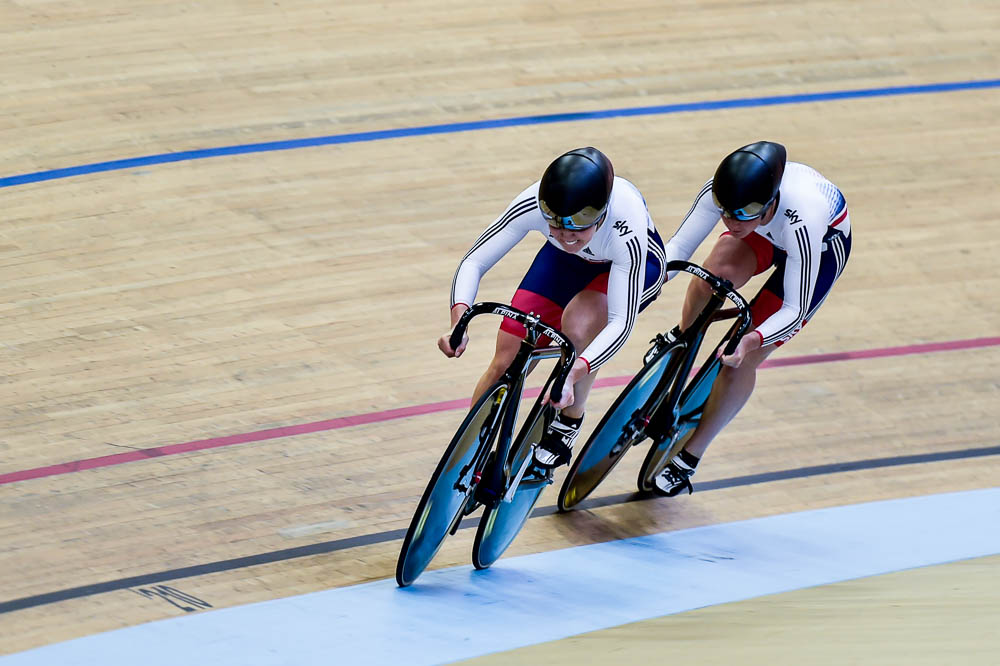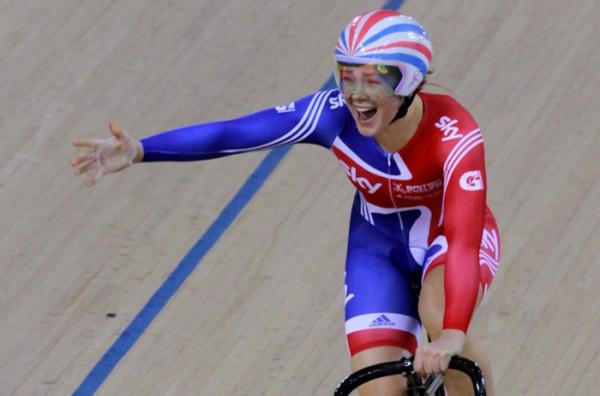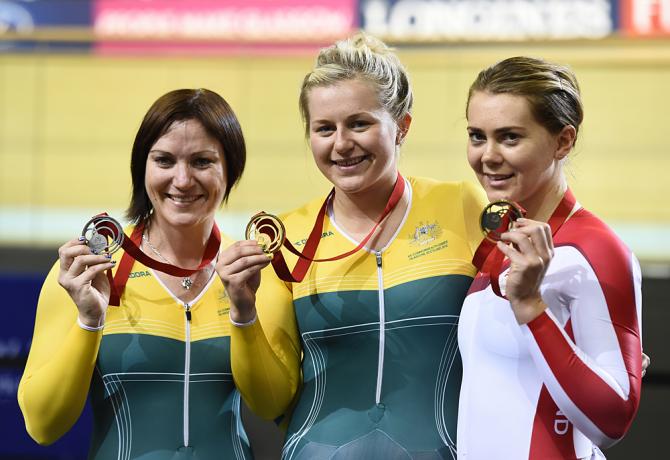Varnish's sex discrimination case heads to employment tribunal
Former British track sprinter hoping to secure employee status to continue legal action





Jess Varnish's case against British Cycling and UK Sport is set to take a significant step forward at Manchester Employment Tribunal this week, as the former track sprinter fights for compensation after she alleged sex discrimination against Shane Sutton, then the technical director of British Cycling.
The employment tribunal will consider if Varnish’s UK Sport funding means she was self-employed or an employee. Varnish and her lawyers argue funded athletes should be classed as "employees" or "workers" rather than "self-employed." In Britain “employees” and “workers” are protected against discrimination, have the right to minimum wage, paid holidays, whistleblowing protection, maternity pay and a pension. Athlete Performance Awards that are paid to athletes are currently considered as grants rather than a salary.
The significance of the Varnish case has been compared to the Bosman ruling in European professional football, which allowed footballers to become free agents after their contracts expired. Employment status has come under the microscope in recent years as workers in many fields fight for better rights. However the case has sparked debate about the best status for funded athletes and could spark serious implications for sport funding in Britain and elsewhere.
Varnish now runs a coffee shop with several former teammates, but her accusations have rocked British Cycling and lifted the lid on the atmosphere at the so-called Medals Factory. It is understood that UK Sport acted aggressively in its defence, even applying for a strike-out order to dismiss the case, along with a costs order and deposit order. This could have meant Varnish's assets would have been seized pending the case, forcing her to drop her claim.
Sky News suggested that UK Sport and British Cycling have already spent more than £500,000 on preparing for the tribunal, including £75,000 for the two barristers that will represent them in the seven-day trial in Manchester.
Varnish was dropped from the Great Britain elite track programme in 2016 and so missed out on the Rio Olympics. She has claimed she was subject to discrimination and had been told by former technical director Shane Sutton to "go and have a baby.” He denied those claims but then resigned. A British Cycling internal investigation later cleared him of eight out of the nine accusations. Varnish’s case has sparked a duty of care debate in British sport which has spread to several other Olympic and Paralympic sports.
Last year a source close to Varnish said her legal battle was not about a final cash settlement.
Get The Leadout Newsletter
The latest race content, interviews, features, reviews and expert buying guides, direct to your inbox!
"She's not doing this for money. She's frustrated that neither UK Sport nor British Cycling have changed the grey situation that athletes still remain in. Athletes still have no real rights, no pensions, no grievance and whistleblower procedures, and no course of action, outside of civil action. There are some really deep-rooted issues which she's passionate about," said the source.
UK Sport and British Cycling have always refused to comment while the case is still to be resolved.